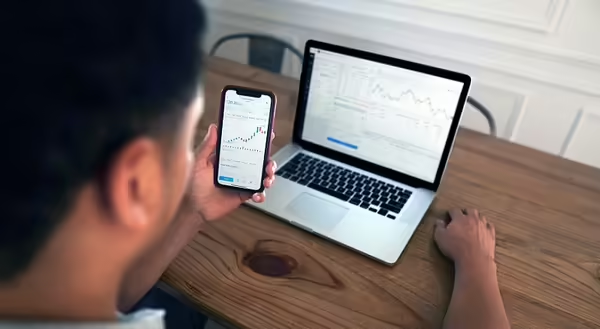
Leaves are falling, but interest rates remain high. Have you ever wondered how the Fed rate decisions impact you? First, let’s explain what is meant by the Fed. The Fed is short for the Federal Reserve System, the United States's central bank. The Fed has many responsibilities, including moderating long-term interest rates and promoting the financial system's stability. The Fed typically meets eight times a year and provides a press release to the public summarizing their decisions regarding monetary policy with an explanation.
What is a Fed rate hike?
A Fed rate hike is the term used when the Federal Reserve decides to increase the cost of borrowing money for financial institutions. The decisions consider many economic factors, with some being consumer price changes and current employment conditions. In March 2020, the rate was at a range of 0 -0.25% and has been increasing at each Fed meeting until recently. After eleven consecutive rate hikes, the Fed decided to pause increases at the recent September meeting and keep the rate the same at 5.25 – 5.5%. As a result, consumer interest rates for borrowing will also be high as the banks' borrowing cost is at the highest rate in over twenty years.
Bank interest rates
If you have money in the bank, do you receive interest payments? Most savings accounts and some checking accounts may offer interest payments to customers. The interest rates on these types of accounts are typically lower than alternative options, such as certificates of deposit (CDs) or investment accounts. With CDs, the rate is typically a little higher with the catch that a term (length of time) or predetermined length of time is required before you can reaccess your money without incurring a penalty, and sometimes the fine print includes a small window of time to withdraw your money before being contracted to an additional term with a potentially lower rate. With investment accounts, there may be a higher risk of potentially receiving a higher rate of return.
When the Fed increases the borrowing rate, the interest rate on savings/checking/certificates of deposit are likely to increase as well. When it is more expensive to borrow money, there may be an opportunity to earn more money through interest from savings. Right now, you can shop around for potentially high return rates on low-risk bank options, such as CDS or high-interest savings accounts.
Consumer loan rates
The Fed rate decisions impact consumer loans. When the Fed rate goes up, the interest rate on consumer loans, such as mortgages and auto loans, also rises because the cost to financial institutions of borrowing from the Fed is typically passed on to consumers. As the cost of borrowing money has risen, this may affect your interest and ability to make large purchases that require a loan. If you have an established long-term loan with a reasonable rate for your situation, you may want to reconsider making changes, such as selling a home or vehicle, if it requires you to take on a replacement loan with a higher rate. Some people stay in their homes much longer than planned because the interest rate was so much lower even a few years ago.
Learning more about how the Fed rate decisions impact you can help you to make better decisions for your financial well-being. If you are considering a significant purchase, such as buying a home or vehicle, you may want to consider the current cost of borrowing money. When rates are higher, be aware that these purchases may cost substantially more overall based on the higher cost of borrowing money. Alternatively, when rates are higher, you may be able to find low-risk opportunities for earning interest on your money. Understanding how the economy and government decisions affect your bottom line may be worth the effort of learning about how interest rates affect you.
Meet the Author
Jamie Mahlandt is a Financial Educator for Bond, Clinton, Jefferson, Marion, and Washington counties in Southern Illinois. She provides financial education to the local community with an emphasis on financial literacy and financial well-being.
Additional Resources
- Check out some easy-to-use money management resources on our Finances website
- Get timely updates about more money-related topics by signing up for Illinois Extension’s Personal Finance E-Newsletter!